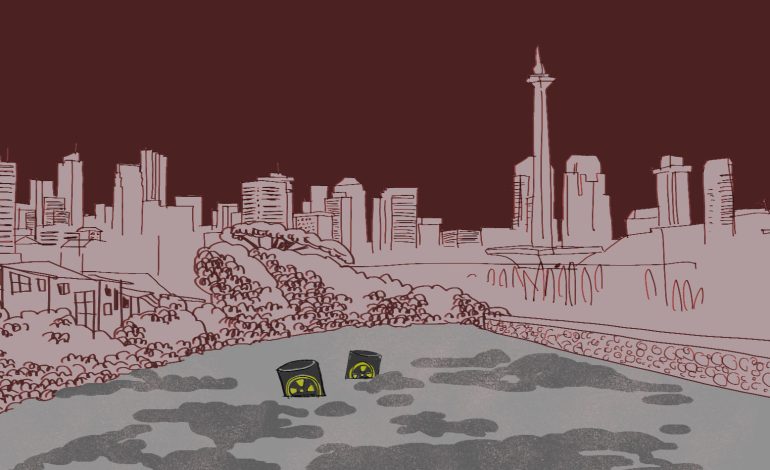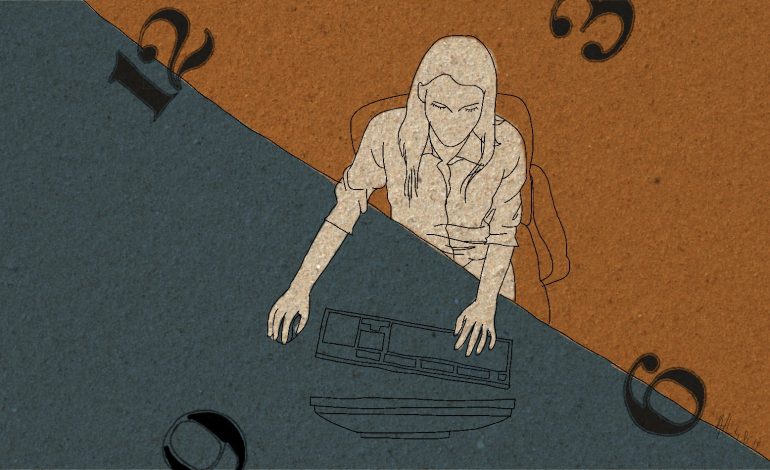Housing is Human Right that State Must Protect: UN Rapporteur

The right to adequate housing is a human right, but most governments, non-profit organizations and the media have still not recognized this, making it a grossly overlooked issue, a United Nations’ rapporteur has said.
Leilani Farha, a Special Rapporteur on the Right to Housing in the United Nations Human Rights Council lamented the fact that the problem of homelessness and slums have not become a part of global discussions, or even seen as a world’s long-term goal.
“I have observed a stark contrast between the way the deprivation of adequate housing is described by those who live this reality, and the way it is discussed by those responsible for addressing it,” said Farha in a public lecture at GoetheHaus, Central Jakarta, last week.
“The government tends to see inadequate housing and homelessness not as a human right issue that demands access to justice, but, instead, as a complex policy issue,” she added.
One third of deaths worldwide is linked to poverty and inadequate housing, she said. The death rate among homeless people is up to 10 times higher than for those who are not homeless.
“Globally, 100 million children are living in the streets facing daily threats to life and security. Lack of clean water and sanitation leads to illnesses that kill over 840,000 people each year,” she added.
Farha found out that in various parts of the world, whether it is in developed or developing countries, homeless people are often seen as dirty, lacking morals, and burdens to society. Homeless people are often subjected to sexual and hate violence.
“They are denied access to basic services, stigmatized, and discriminated against for engaging in activities necessary for their own survival. They are treated like human waste,” she said. Farha recalled when some homeless people that she met told her that they were not treated as human beings and were called illegal and criminals simply for attempting to survive. They were forgotten and neglected by their governments.
Farha recalled when some homeless people that she met told her that they were not treated as human beings and were called illegal and criminals simply for attempting to survive. They were forgotten and neglected by their governments.
“Homeless people have told me, often in tears, that more than materials and security, what they yearn for is to be seen, to be recognized and treated by society as human beings, with inherent dignity and respect,” said Farha.

“And, yet, despite these conditions and reality, homelessness has not been taken out as a critical human right that needs to be resolved.”
Housing has become an economic commodity. Land and buildings are being sold on the world market as commercial goods.
As land being turned into high-valued properties for the moneyed, many become impoverished. As a result, cities in developing countries like Jakarta gets flooded with trillions of dollars in investment money, and, yet, slums and homeless people are easy to find.
“When house is traded as a speculative commodity, its human worth is uprooted,” Farha said.
According to Farha, it is difficult to point out the party that is responsible for this phenomenon, but under the law of human rights, the state is held accountable. Unfortunately, the high price of land is seen as a result of high demand or land scarcity. This problem is rarely seen as the government’s failure to regulate.
“But I want to clarify that the market does not just emerge. The state as the regulator has the obligation to fulfill human rights,” Farha said.
She called on governments to regulate property market, failing to do so and to provide adequate housing for its residents should be regarded as a violation of human rights .
“The state must improve its laws,” she said. “Housing is a human right, not an asset to the rich.”
*Leilani Farha’s photo courtesy of unhousingrapp.org.
Find out about Igor, the curly tasty monster and follow @bunnnicula on Twitter.






















